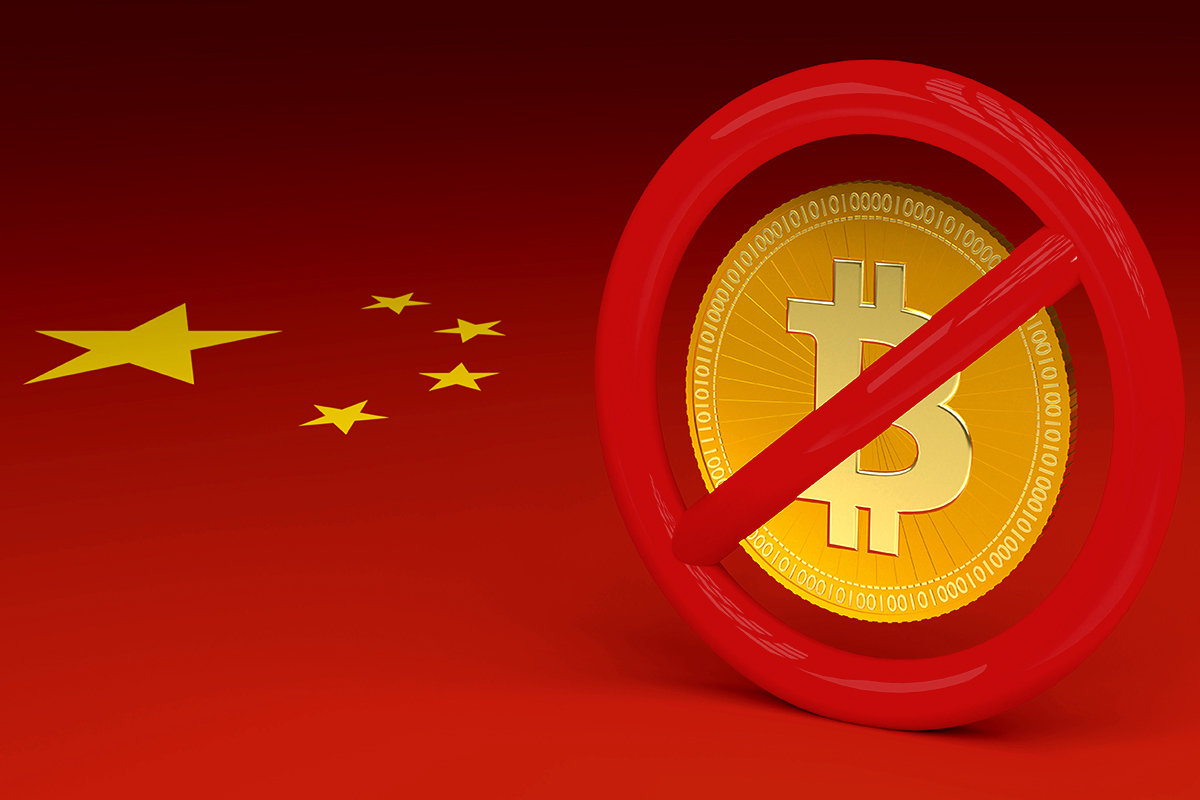#crypto #bitcoin #China #PBoC
China’s financial regulators have restated restrictions that ban financial institutions and payment companies from providing services related to cryptocurrency, marking a reiteration of an old crackdown on digital coins.
Many of the new rules expand a little on prior restrictions aimed at cryptocurrencies and close loopholes that allowed some finance and payment firms to continue in the business.
Tuesday, 3 financial industry associations directed their members, which include banks and online payment firms, not to offer clients any services involving cryptocurrency, such as currency exchanges, registration, trading, clearing and settlement.
The directives were made in a joint statement from the National Internet Finance Association of China, the China Banking Association and the Payment and Clearing Association of China, and posted by the People’s Bank of China (PBoC).
Additionally, institutions were prohibited from providing cryptocurrency saving, trust or pledging services and issuing financial products related to cryptocurrencies. Crypto-related information services, insurance and derivatives trading are also banned.
Currently China does not recognize cryptocurrencies as legal tender and the nation’s banking system does not accept cryptocurrencies or provide relevant services.
But, the global bitcoin Bull run has revived cryptocurrency trading in China.
Tuesday’s industry directive warned speculative bitcoin trading had rebounded, infringing “the safety of people’s property and disrupting the normal economic and financial order.”
Many Chinese investors now trade crypto on platforms owned by Chinese exchanges that had relocated overseas. Meanwhile, China’s OTC market for cryptocurrencies has become busy.
China-focused exchanges, which include Binance and MXC, allow Chinese individuals to open accounts online, a process that takes just a few mins. Also, they facilitate peer-to-peer deals in OTC markets that help convert the RMB Yuan into cryptocurrencies. Thus, highlighting cryptocurrencies’ potential threat to China’s fiat yuan, and spurring the PBoC to launch its own digital currency.
Hong Kong’s Bitcoin Association said in a Tweet in response to China’s reiterated ban: “For those new to bitcoin, it is customary for the People’s Bank of China to ban bitcoin at least once in a bull cycle.”
Have a healthy day, Keep the Faith!









